【人気ダウンロード!】 if would 142399-If woulds and coulds were
· An if or whenclause (often used to form conditional sentences) generally does not contain "will," which is the simple future tense of the verb "to be"One exception is when the action in the if or whenclause takes place after that in the main clauseIf a classmate asked you for the answer to a question during an exam while the teacher was not looking, what would you do? · Le 2 ème conditionnel La forme Condition if prétérit modal Conséquence would base verbale Exemple If I won a million dollars, I would buy a yachtSi je gagnais un million de dollars, j'achéterais un yacht I would buy a big yacht if I won a million dollarsJ'achéterais un gros yacht si je gagnais un million de dollars

Test English Prepare For Your English Exam
If woulds and coulds were
If woulds and coulds were-1 First conditional If I have enough money, I will go to Japan 2 Second conditional If I had enough money, I would go to Japan 3 Third conditional2 Para hablar de un deseo o una voluntad en el pasado I talked with him, but he wouldn't hear me Hablaba con él, pero él no me escuchaba 3 Cuando nos referimos a lo que otra persona dijo Para que lo recuerdes mejor, podemos llamarlo el "verbo chismoso" He said he would be here at 7 pm



If Clauses Type 3 English Study Page
現在・未来において容易に起こりそうもないことを述べる場合で、仮定法現在よりもさらに強い仮想を表します。 (1) 「If + 主語 + should + 動詞の原形・・・」 「万一、ひょっとして・・・」の意味で、主語の意志とは無関係に未来の可能性の乏しいことHow to use 'would' We can use subject would infinitive (I would go) or subject would have past participle (I would have gone) 'Would' has quite a lot of different uses It's often a kind of past tense version of 'will' Remember that both 'had' and 'would' can be shorted to 'd But only 'would' is followed by an infinitive without 'to' · a In a conditional (or equivalent) clause with pers subject, with implication of intention or volition = 'chose to', 'were willing to' In other words, 'If you would join me, I would be honored' is fine English It's understood as someone—perhaps British or perhaps falling over themselves a little to be polite—saying
Will and would are verbs, and each can be used many different ways Will can be a present tense verb that means to cause something to happen through force of desire It can also be a modal auxiliary verb in various tenses Would is a past tense form of will It is also a conditional verb that indicates an action that would happen under certain/04/10 · Ich habe das gerade lernen müssen In meinem Lehrbuch steht Im IfSatz steht nie WILLFUTURE oder would Ausnahme In ifclauses for polite requests, suggestions, insistence or offers If you would drive me to the airport, I could save the taxi fare We would be grateful ifIf I were you, I would tell him you're sorry ( but I am not you) If I won the lottery, I would buy a new house ( but I don't expect to win the lottery) If it snowed tomorrow, we would go skiing ( but I don't have much hope that it will snow) Conditional three to
· Now decide if the following sentences need was or were 1) If I ___ invisible, I would walk into pop concerts for free was were 2) If I ___ rude to you, then I am sorry was were 3) If I ___ a politician, I would do everything I could to help the people wereTo phrase your context in this manner If they attended that school, then they would become great musiciansIf you agree to the request, then you use the word 'can' Examples "Could you please move this box?" "I could, but I am really busy right now" "Could you please pass that paper" "Sure, I can" There you go, a few ways to use 'should', 'would' and 'could' Yes, that's right, just a few ways!




If The Iphone 9 Is Truly Small I D Pay 999 For It Here S Why Cnet




The Thought Experiment What Would Happen If The Earth Stopped Spinning c Science Focus Magazine
Traduzioni in contesto per "if I would" in ingleseitaliano da Reverso Context i would be grateful if, i would if, i would appreciate it if, would i be if, what would you say if i told · Mistake If I would have When talking about something that didn't happen in the past, many English speakers use the conditional perfect (if I would have done) when they should be using the past perfect (if I had done) For example, you just found out the truth about somebody Your friend asks why you didn't share the information yesterdayConditional sentences – type I Conditional sentences – type II Conditional sentences – type III if I were you or if I was you Mixed conditionals Real and unreal conditionals, Modals and position of ifclauses Replacing if – Omitting if – if vs when – in case vs if will and would in ifclauses




United States Preferred Super Powers Of Americans In 18 Statista




If You Were A Color Which One Would You Be
· One of the most common mistakes in English is the incorrect usage of the phrase If I wasIn fact, you will hear native speakers commonly make this mistakeIf you would study more, your English would get better The willsand wouldsin these sentences, and Fumblefingers', are not futurivebut are representatives of the now obsolete volitivesense of will In these uses, willoriginally signified, approximately, be willingor consent If you willIf past simple modal verb with futureinthepast meaning ( should / would/might/could) If you asked her nicely, she would say yes, I'm sure We use a past form in the conditional clause to




Conditionals If Clauses In English Introduction Youtube
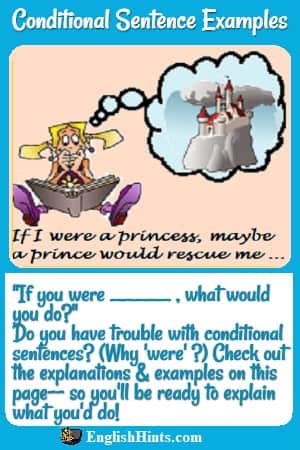



Conditional Sentence Examples
· W ifclause możliwe jest jednak użycie were wraz ze wszystkimi przyimkami osobowymi, a więc If I were, If she were II okres warunkowy następstwo czasów Ifclause past simple (came, weren't) Thenclause would bezokolicznik (would be) Uwaga także would nie można używać w ifclauseTo express beliefs about the present or future to talk about what people want to do or are willing to do to make promises, offers and requests would is the past tense form of will Because it is a past tense, it is used to talk about the past to talk about hypotheses (when we imagine something)1 If we go to England, we (visit) the British Museum 2 If you were nicer to me, I (help) you 3 Karen (come) if you invite her 4 My son will be allowed to go on holiday with his friends if he (pass) his exam 5 If he (have) more money, he would go to Italy 6




Conditional Sentences Pignatelli Daily News




Test English Prepare For Your English Exam
Could and would are related, but they mean different things Could expresses possibility, while would expresses certainty and intent A good way to remember the differences between these two words is simply to bring each word back to its root verb Could is the past tense of can Would is the past tense of will例文で説明! 仮定法における Will と Would の違いとその使い分け 31 would have got は would have gotten? If it does, I will という表現は「 現実として起こりえること 」に対しての仮定法です。 以下のようなケースです。 If it rains, I will be late 雨が降ったら遅れる · 「もし~なら、~だろう」という表現。日常会話でもよく使います。英語の場合、if という接続詞を使って表現しますが、意外と混乱しやすい if 文の文法。この記事では、現在~未来、過去形、過去完了形、現在形の4つのパターンについて、文型と意味を整理し、豊富な例文とともに使い方



3




What Would You Do If You Were Ceo For One Day Executive Secretary
Would you like some more tea?; · Yabancı dil öğrenmeye yeni başladıysanız veya bilgilerinizi tazelemek amacıyla İngilizce gramer konularına göz atıyorsanız İngilizcenin Türkçeyle benzer birçok noktası olduğunu fark etmişsinizdir Koşul cümleleri de bu benzerliklerden sadece biri İngilizcede If Clause olarak geçen bu gramer konusu, Türkçedeki gibi şartlı cümle kurmak için kullanılır · English Grammar "If You Could ?" Could is a modal verb Modal verbs are common in English Modals are used before other verbs to express ideas such as ability, possibility, certainty, necessity, or permission A modal verb is an auxiliary verb It is a helping verb It can't be used by itself in sentence It must be used before
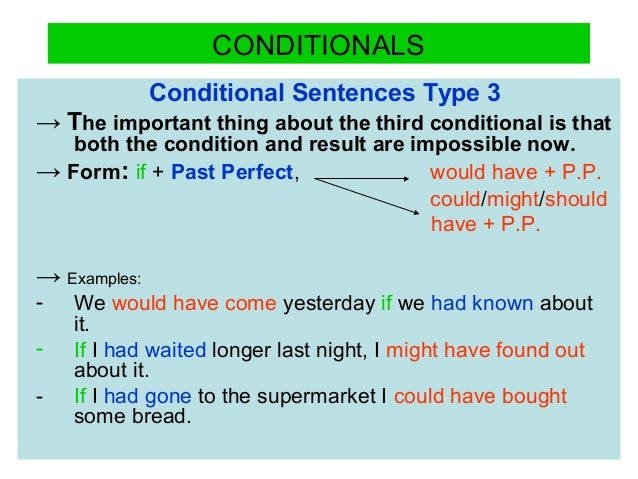



Conditionals Grammar
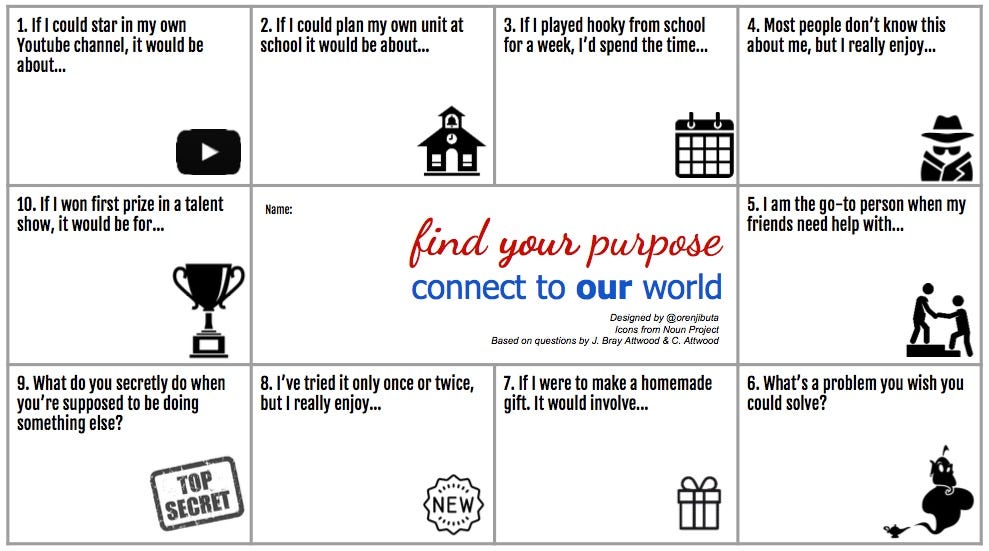



Opportunities Experiences Creating An Exhibition Of Learning By Abe Moore Medium
· There is one exception to this rule, however If the verb in the if clause is "to be," use "were," even if the subject of the clause is a third person singular subject (ie, he, she, it) See the examples below for an illustration of this exception If I was a rich man, I would make more charitable donations If I were a rich man, IWatch the official music video for "Would?" by Alice In ChainsListen to Alice In Chains https//aliceinchainslnkto/listenYD Subscribe to the official AlicHablando de cláusulas La formulación de the second conditional en inglés involucra dos cláusulas La primera cláusula, conocida como the if clause (la cláusula que empieza con if) o the conditional clause (la cláusula condicional), introduce una condición o posibilidadLa segunda cláusula, conocida como the main clause (la cláusula principal), introduce un posible resultado de la
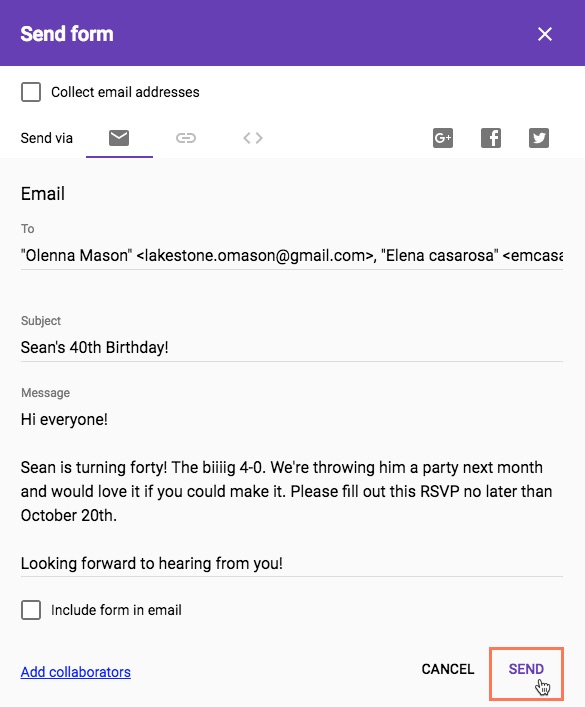



Google Forms Sending Forms




135 Hypothetical Questions To Have A Fun Conversation
I would be happy to help you with preparation for your exam;1 will in ifclauses Using will to express disapproval of a habit (eg to someone whose bicycle has been stolen) If you will* leave your bicycle without locking it up, then you must expect it to be stolen(* stressed) Using will to make a formal request If you will sign the documents where I have indicated, we can arrange payment (Using would instead of will makes it even less directUtilisation de « Would » Would est l'auxiliaire du conditionnelOn l'emploie 1 Dans les propositions principales lorsque la subordonnée comporte if verbe au prétéritIl a une valeur de conditionnel (conséquence d'une hypothèse non réelle)If it were fine, we would go on a picnic S' il faisait



Coding 7 If Else Conditional Statements Technovation Girls




The Second Conditional Walton Palmer
· Ann said she would write us soon He hoped she would come "Would" si usa nel periodo ipotetico del secondo e terzo tipo I would phone Sue if I had her number We would have gone fishing on the weekend if the weather had been good In certi casi, si possono usare sia "will" che "would", anche se è considerato più educato l'usoIf the whole world were listening, what would you say? · You imagine yourself in their position or situation and what you would do or how you would react If I were you, I would study more If I were you, I would stop doing that If I were you, I would go to the doctor if I were you, I would subscribe to the Woodward English channel right now ) If I were you, I wouldn't play with those wires




Conditional Sentence What Are Conditional Sentences




If I Were You English Grammar Lesson Youtube
· would 用法3、表達「過去習慣」做某件事。 would還有一個用法,跟「used to 」的用法一樣,用來表達過去習慣去做某件事。 例: When I was in Taiwan, I would go to the gym two times a week 當我還在台灣時,每個禮拜去兩次健身房。 這裡的句子,用used to 替換也是一樣的意思,「used to 」用來表達過去習慣做某件事。 例:I used to go to the gym two times a week When I1 Add a comment 0 "would become" is more commonly used when describing the effect of a single conditional If I could get my hands on that weapon, then I would become the most powerful person in the world! · 'I would love to travel the world' would for unreal situations The word would is used for unreal or imagined situations 'I would love to visit New York' 'She would like to be professional footballer' 'We would go, but we are too busy' would as a past tense would and wouldn't are the past tense of will and won't Let's look at an example of this using direct and reported speech




I D Blush If I Could



What Would Happen If Roe V Wade Fell In 7 Maps And Charts
92 · Teach thee on child, of love hereafter Chorus Layne Staley Into the flood again Same old trip it was back then So I made a big mistake TryAvec Lingolia Plus, tu as accès à 2 exercices complémentaires sur le thème Conditionnel would et à 3 exercices en ligne pour t'entraîner en anglais pendant trois mois pour 10,49 Euros (≈ $12,48) Plus d'informations sur Lingolia Plus Conditional I Extra PracticeWould „Would" is most commonly used to create conditional verb forms It also serves as the past form of the modal verb „will" Additionally, „would" can indicate repetition in the past



Http Www Edu Xunta Gal Centros Iesprietonespereira System Files 4 C2 Ba eso grupo a zero 2c first 2c second 2526 third conditional 2526 rephrasing activity week 7 Pdf
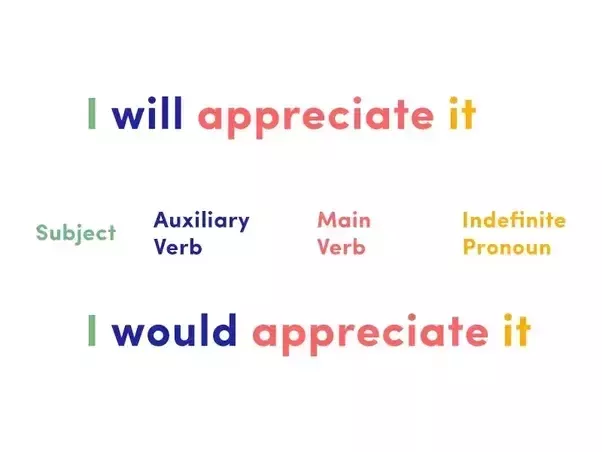



Which Is The Correct Grammar I Will Appreciate If You Or I Would Appreciate If You Quora
If will/would という表現は、仮定法の中にはでてきません。しかし、日常的な会話の中にでは使われ、主語の意思を表したり、婉曲的な表現となります。Le conditionnel formé avec would est l'équivalent du conditionnel présent français Apprends tout ce qu'il faut savoir sur l'emploi et les règles de conjugaison de ce temps verbal anglais grâce à nos explications simples et claires et nos nombreux exemples, et teste tes nouvelles connaissances avec nos exercices ! · Would is a modal verbWould is often used in conditional sentences with a clause beginning with "If" but it can also be used in the following situations WOULD 1 Used as a polite invitation or to offer Would you like to go to the movies with me tonight?;




Learn English Grammar The 4 Conditionals Youtube
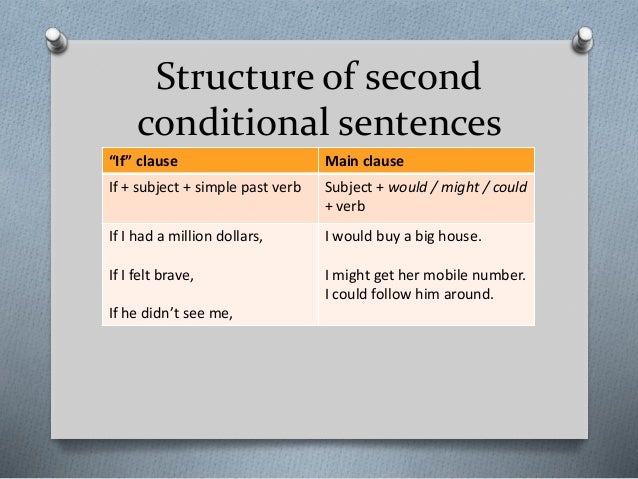



Second Conditional With Would Might Could
· みなさんは 「時・条件の副詞節」 なんていう言葉を聞いたことがあるかもしれません。 この副詞節は入試問題でも何度も登場する、いわば受験業界の「お約束」として必ず学習する単元なんです。 簡単に言うと、 副詞節のif、when節は文中に未来形の「will」を使えない というものなのですが、これが定着するのにはなかなか難しいんです。If gramática inglés y uso de palabras en "English Grammar Today" Cambridge University PressConditional Sentences / IfClauses Type I, II und III Conditional Sentences are also known as Conditional Clauses or If Clauses They are used to express that the action in the main clause (without if) can only take place if a certain condition (in the clause with if) is fulfilled There are three types of Conditional Sentences



Which Is Correct Do You Mind Or Would You Mind Quora




Speaking Cards What Would You Do If English Esl Worksheets For Distance Learning And Physical Classrooms
A Part of Conversation Questions for the ESL Classroom If you had only 24 hours to live, what would you do?WOULD is a modal auxiliary verb We use WOULD mainly to 1) talk about the past 2) talk about the future in the past 3) express the conditional mood We also use WOULD for other functions, such as expressing desire, polite requests and questions, opinion or hope, wish, regretWhen someone asks a
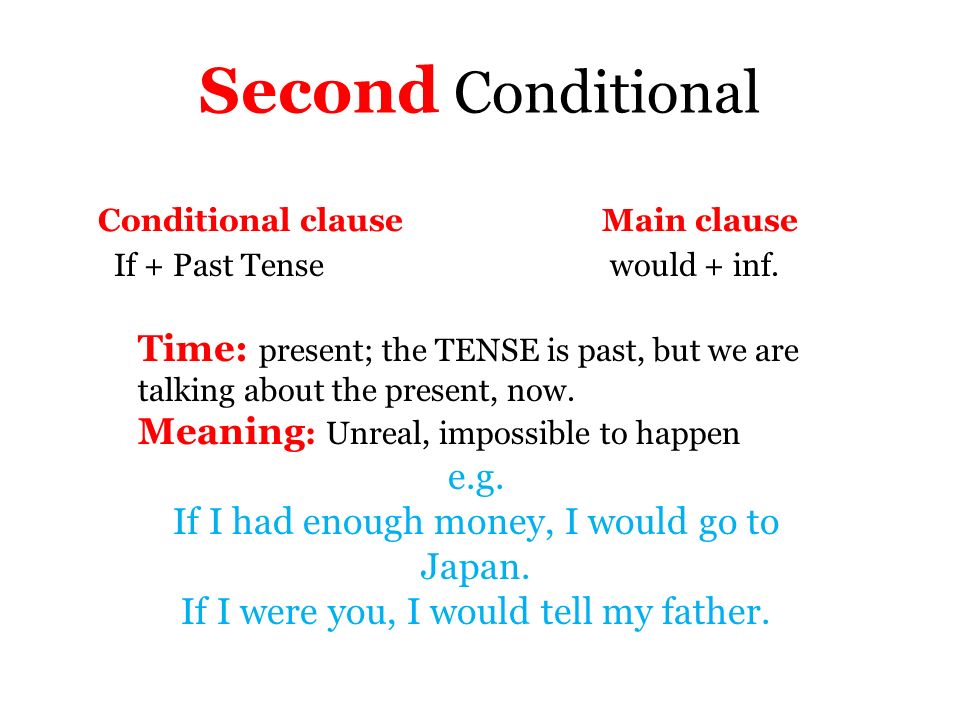



Conditional Forms If If If If If If If If If If If If If If If If If Ppt Download
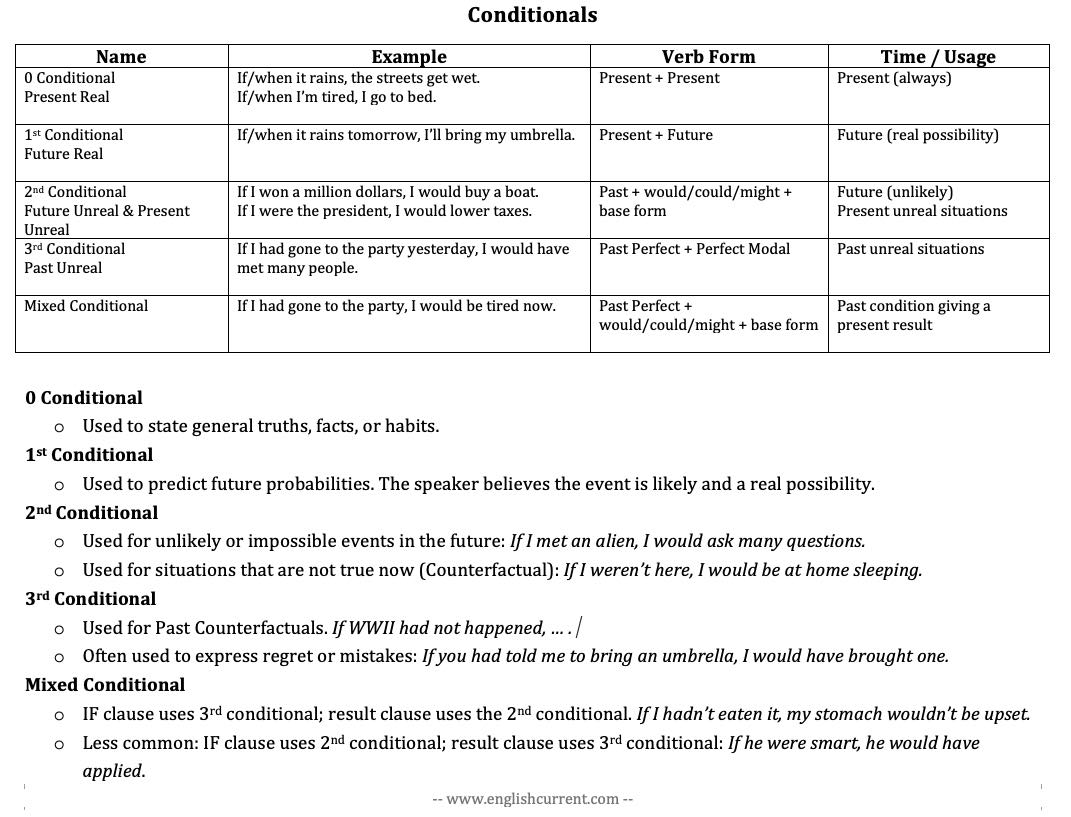



Conditionals Table 0 1st 2nd Third Mixed Conditional Review
If someone's underwear was showing, would you tell them?




Would You Mind If I Verb In The Past Would You Mind If I Verb In The Simple Present Myenglishteacher Eu Blog
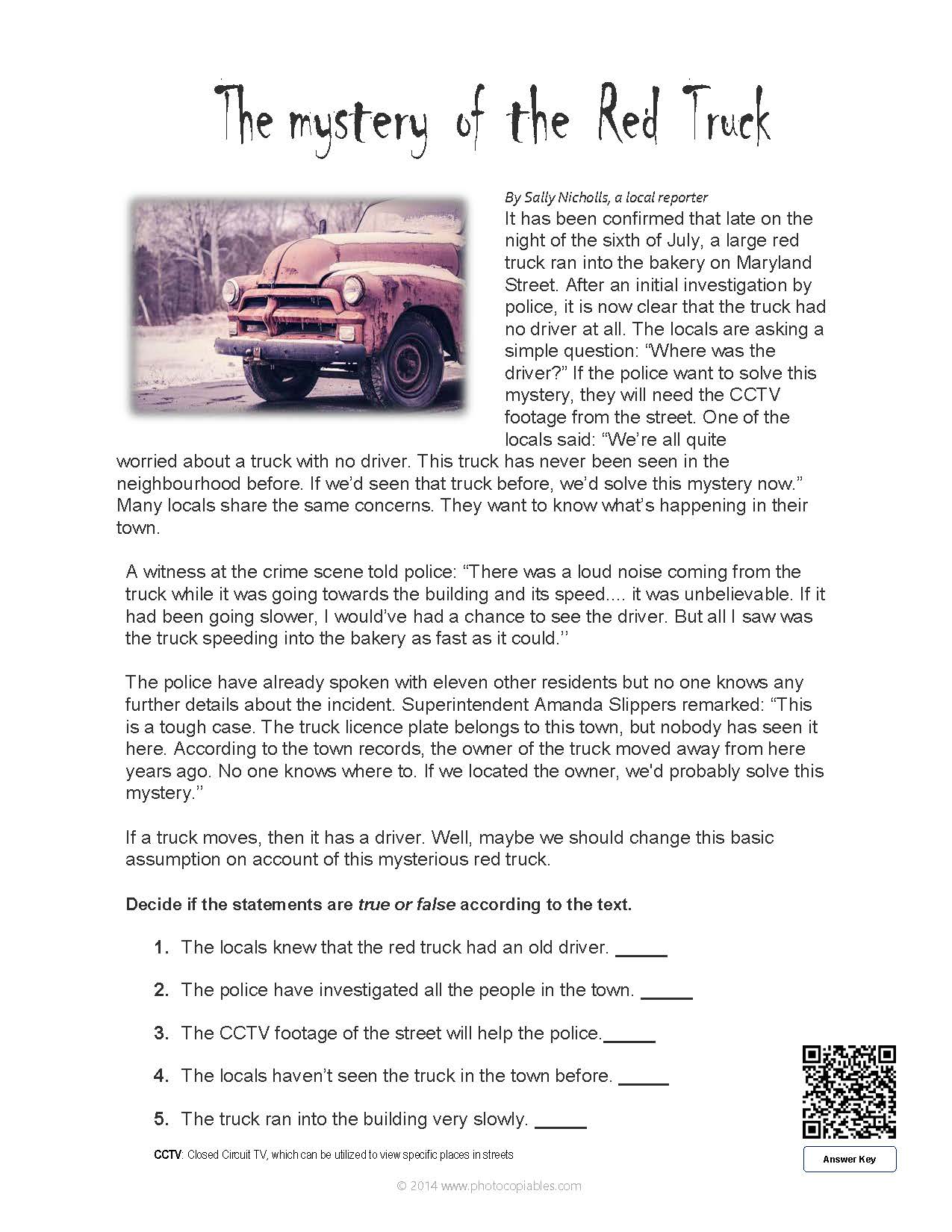



Conditional Clauses Reading Text Photocopiables
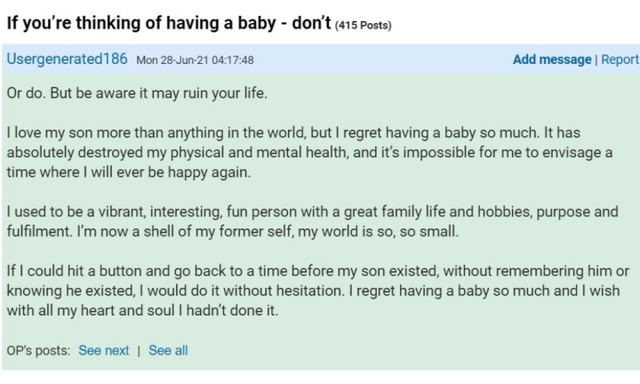



Qy1qweodtdp M
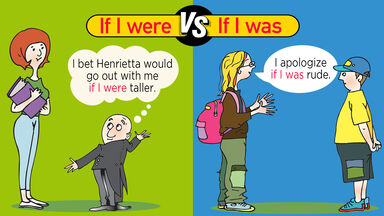



When Is It Appropriate To Use If I Were Vs If I Was
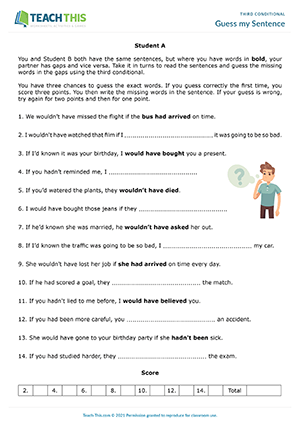



Third Conditional Games Esl Activities Worksheets
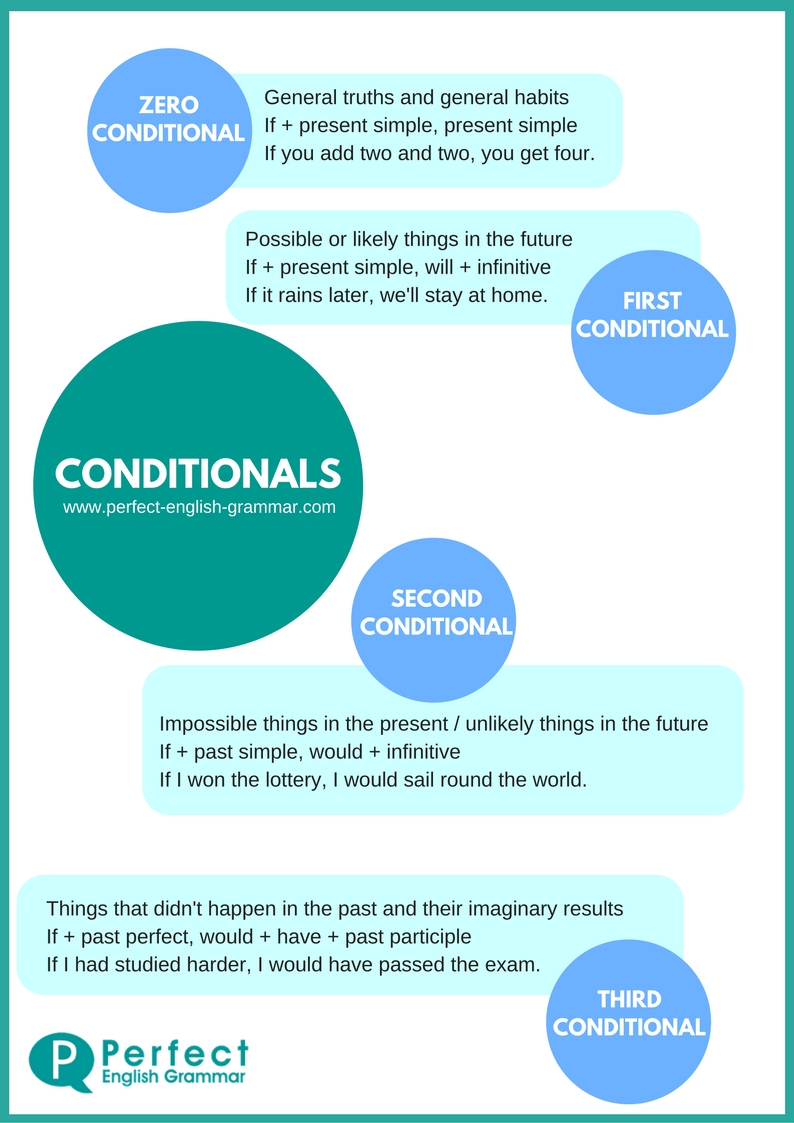



Conditionals
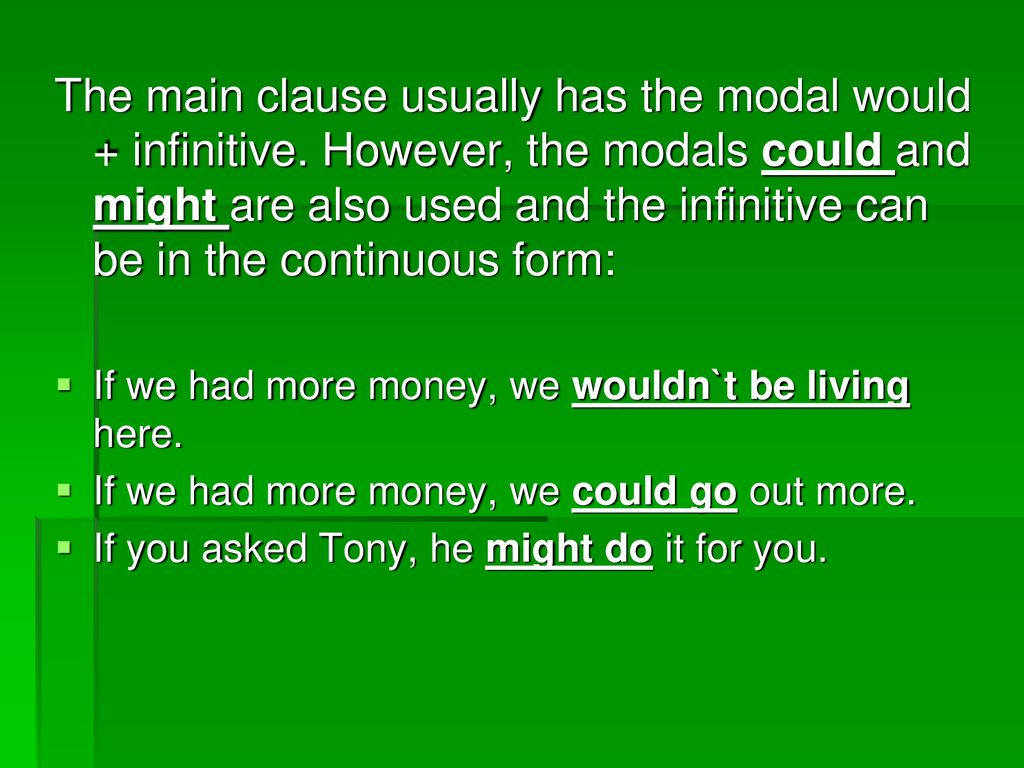



Conditional Sentences Ppt Download
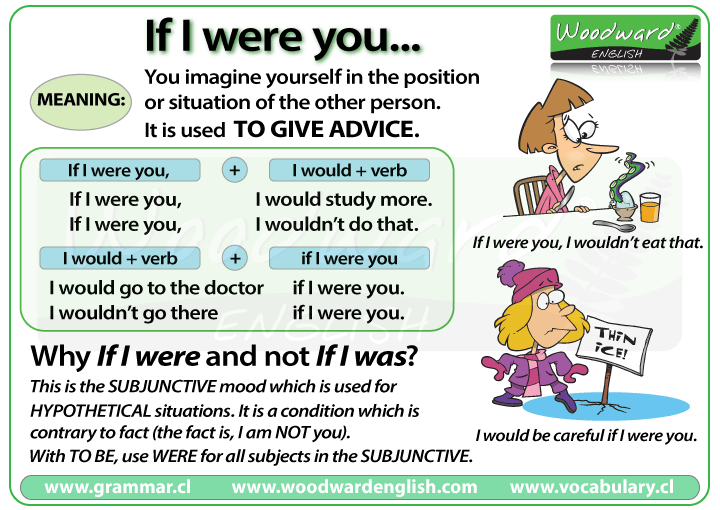



If I Were You English Grammar
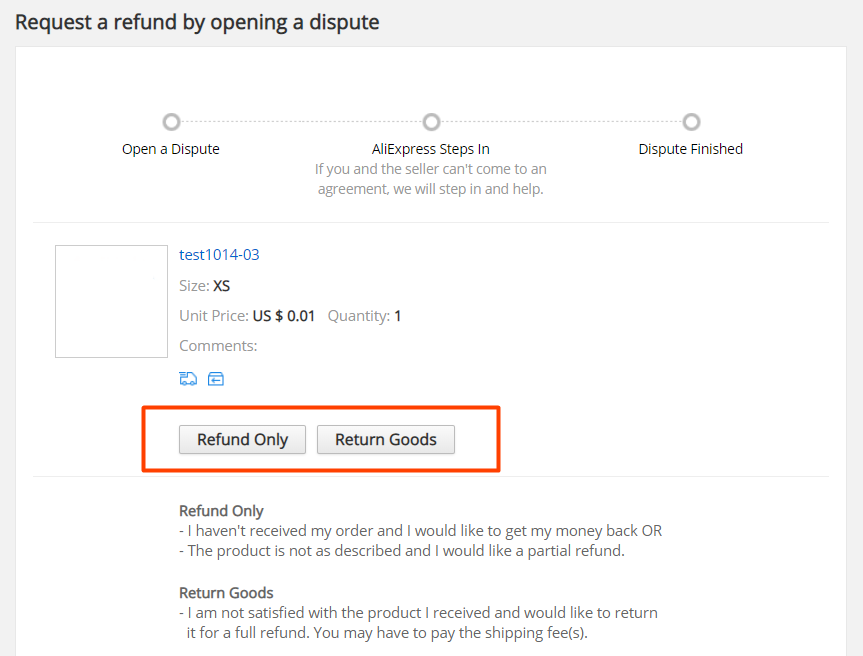



Help Center




If I Were In Charge Of The World Poem Free Template Undercover Classroom
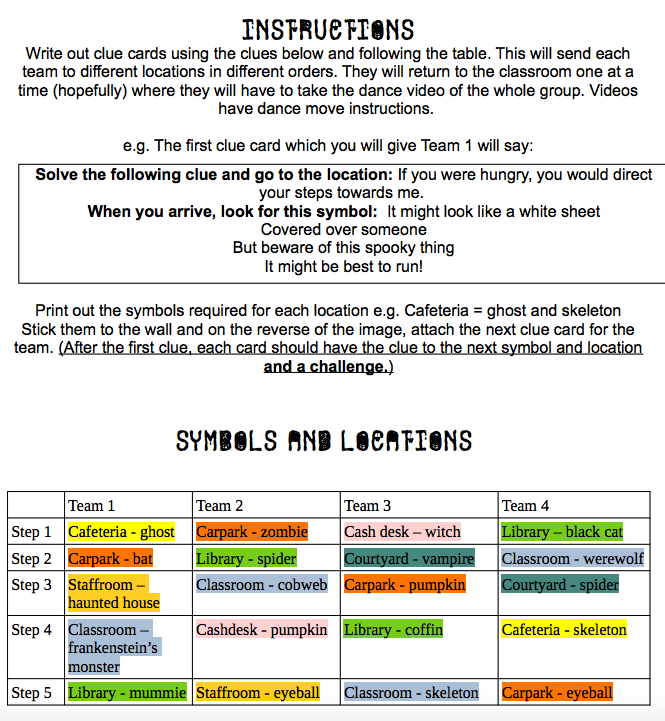



658 Free Conditionals Worksheets




Pin On Conversation Starter Questions



If Clauses Type 3 English Study Page




Speaking Cards What Would You Do If English Esl Worksheets For Distance Learning And Physical Classrooms




If I Touched The Moon What Would It Feel Like The New York Times




658 Free Conditionals Worksheets




My Beautiful Wife Never Forget That I Love You If I Could Give You One Thing In Life I Would Give You The Ability To See Yourself Through My Eyes For




Test English Prepare For Your English Exam




How Are Edx Certificates Delivered Edx Help Center
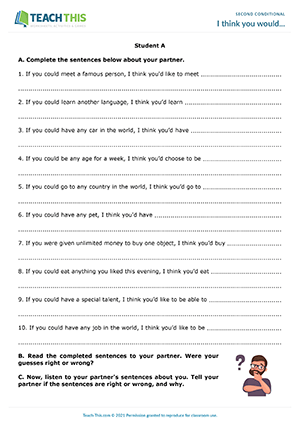



Second Conditional Esl Activities Games Worksheets
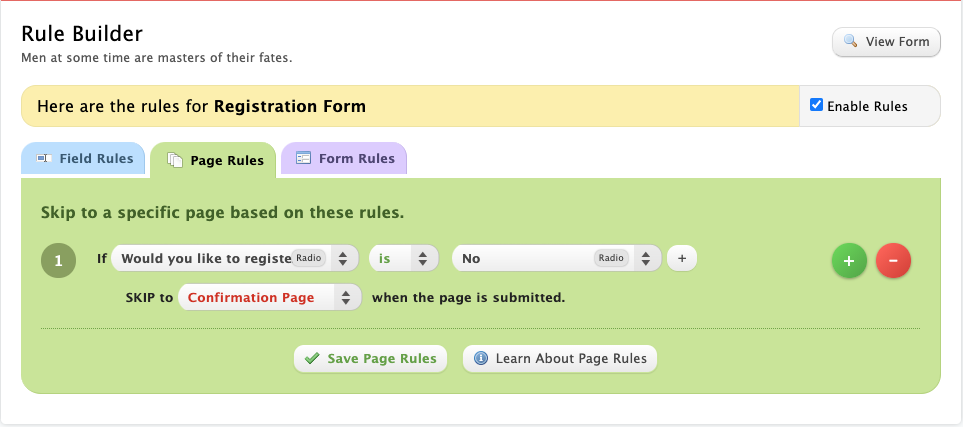



2 Easy Ways To Allow Multiple Attendees On Your Registration Forms Wufoo
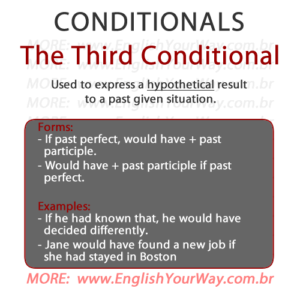



Conditionals The Third Conditional English Your Way
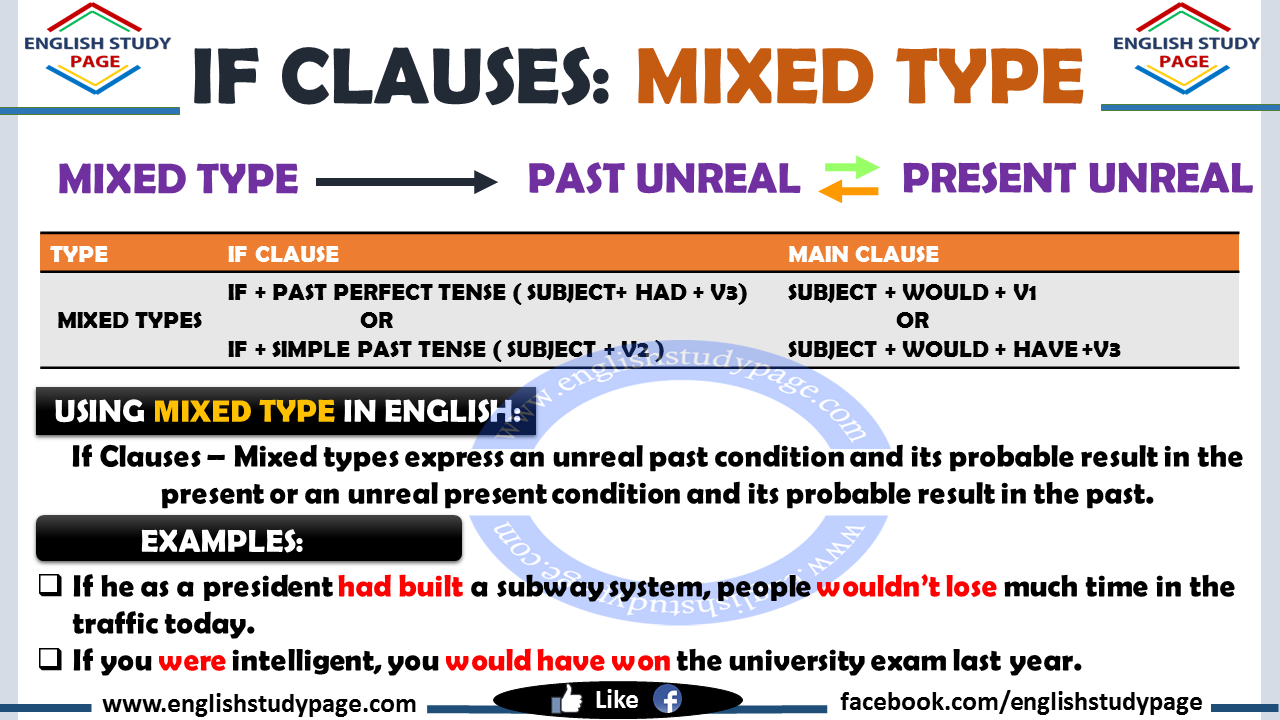



If Clauses Type 0 English Study Page
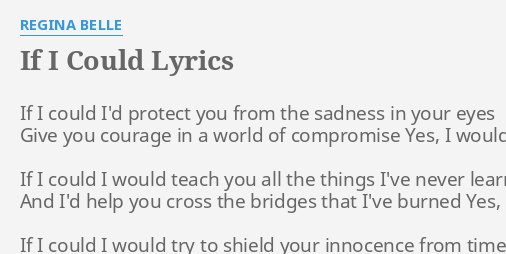



If I Could Lyrics By Regina Belle If I Could I D
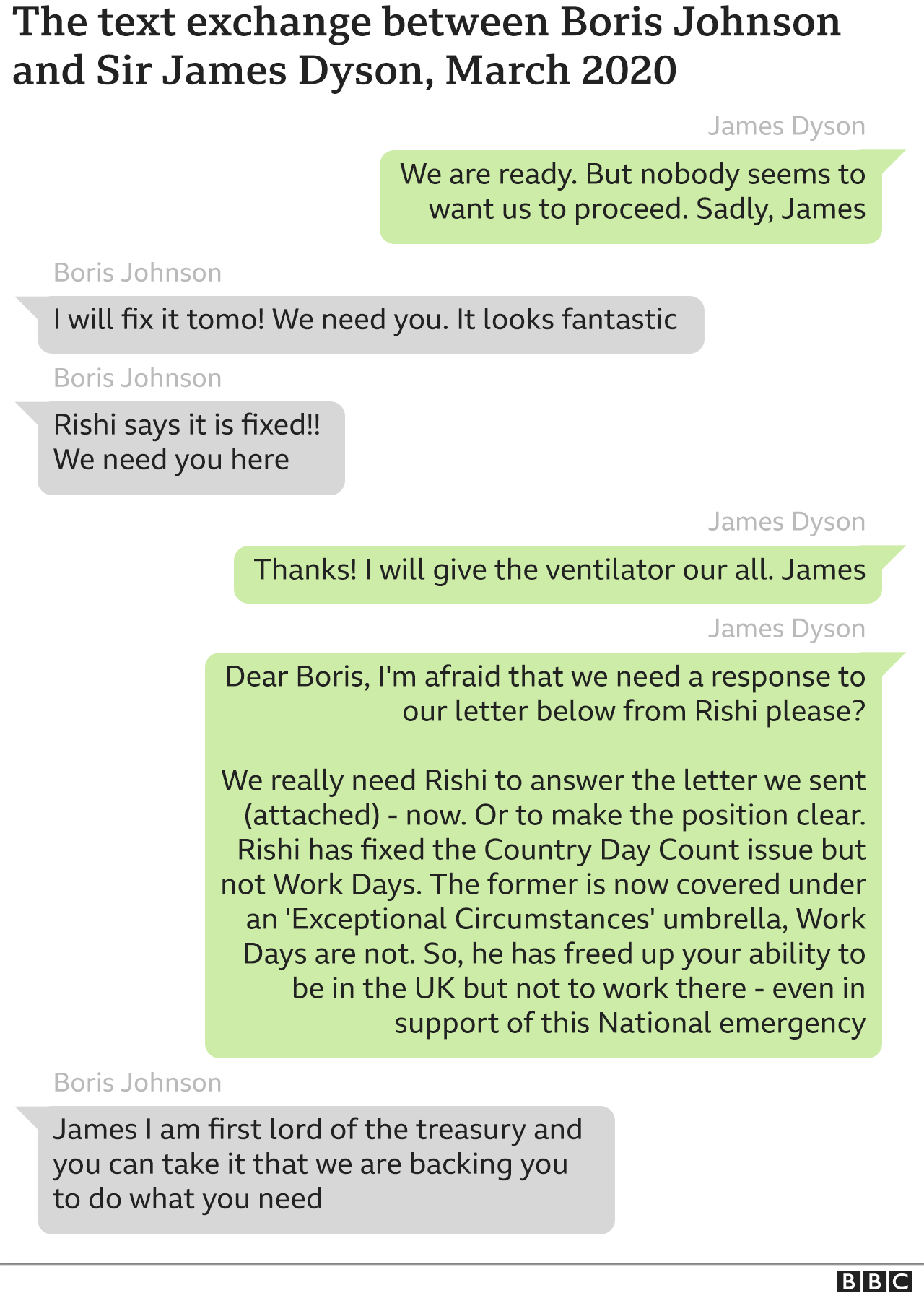



Boris Johnson Told Sir James Dyson By Text He Would Fix Tax Issue c News




Does I D Mean I Had Or I Would Speakspeak




Pzp9mblemfpjnm




When Will I Begin Paying More Principal Than Interest



Laboratory Maniac Time Spiral Remastered Gatherer Magic The Gathering




Should I Get The Vaccine If I Ve Already Had Covid 19 And Would My Side Effects Be Worse Health Essentials From Cleveland Clinic



1




Soal Conditional Sentence Type 0 1 2 3 Dan Jawaban Bahasa Inggris
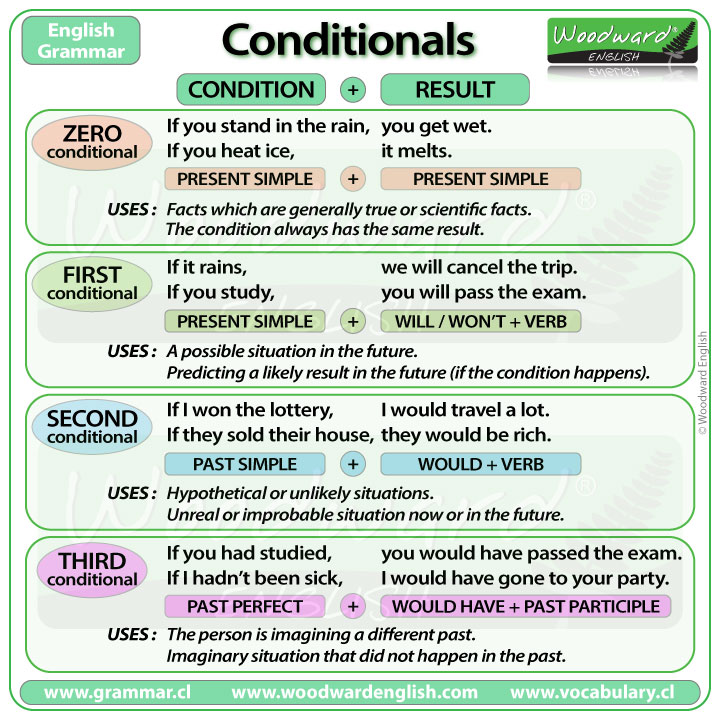



Conditional Sentences And If Clauses Introduction Woodward English




Jlpt N3 Grammar といい たらいい To Ii Tara Ii Meaning Jlptsensei Com




All Conditionals 0 1 2 3 And Mixed Conditionals English Grammar If Youtube




What Would Happen If Everyone Went Vegan c Good Food



Free Printable Journal Writing Prompts For Kids
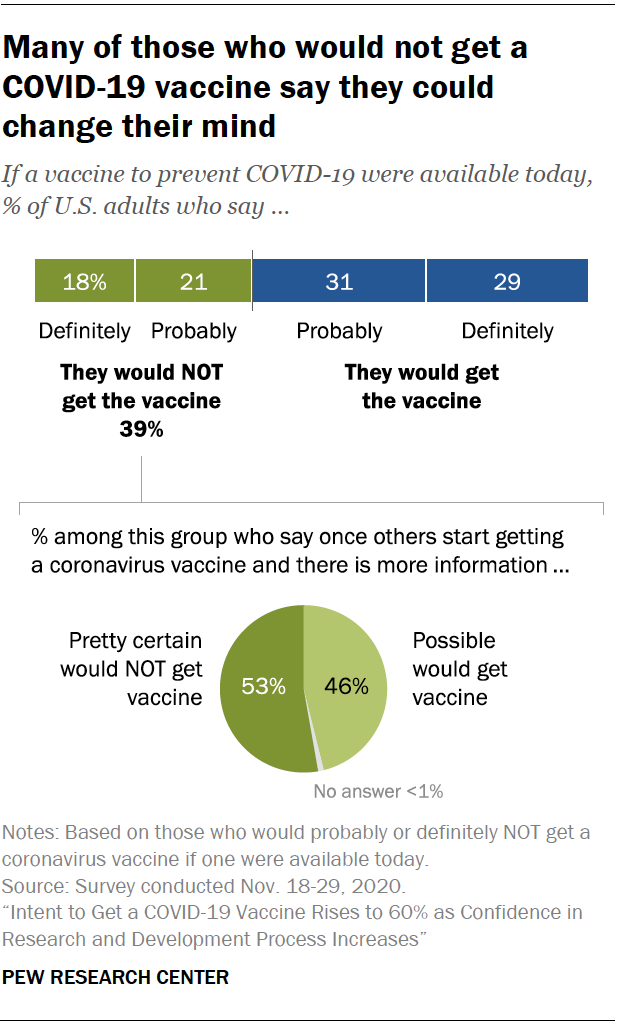



Intent To Get A Covid 19 Vaccine Rises To 60 As Confidence In Research And Development Process Increases Pew Research Center




Second Conditional Sentences Examples English Grammar Lesson Mmmenglish
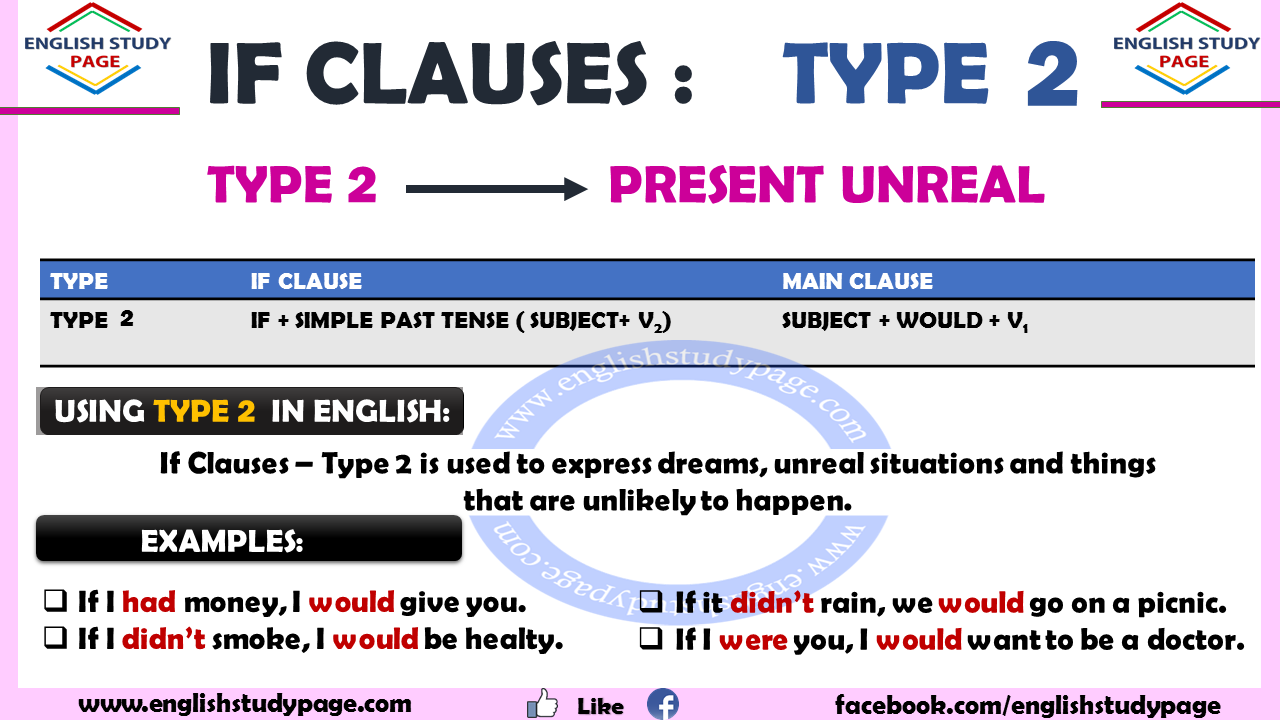



If Clauses Type 2 English Study Page
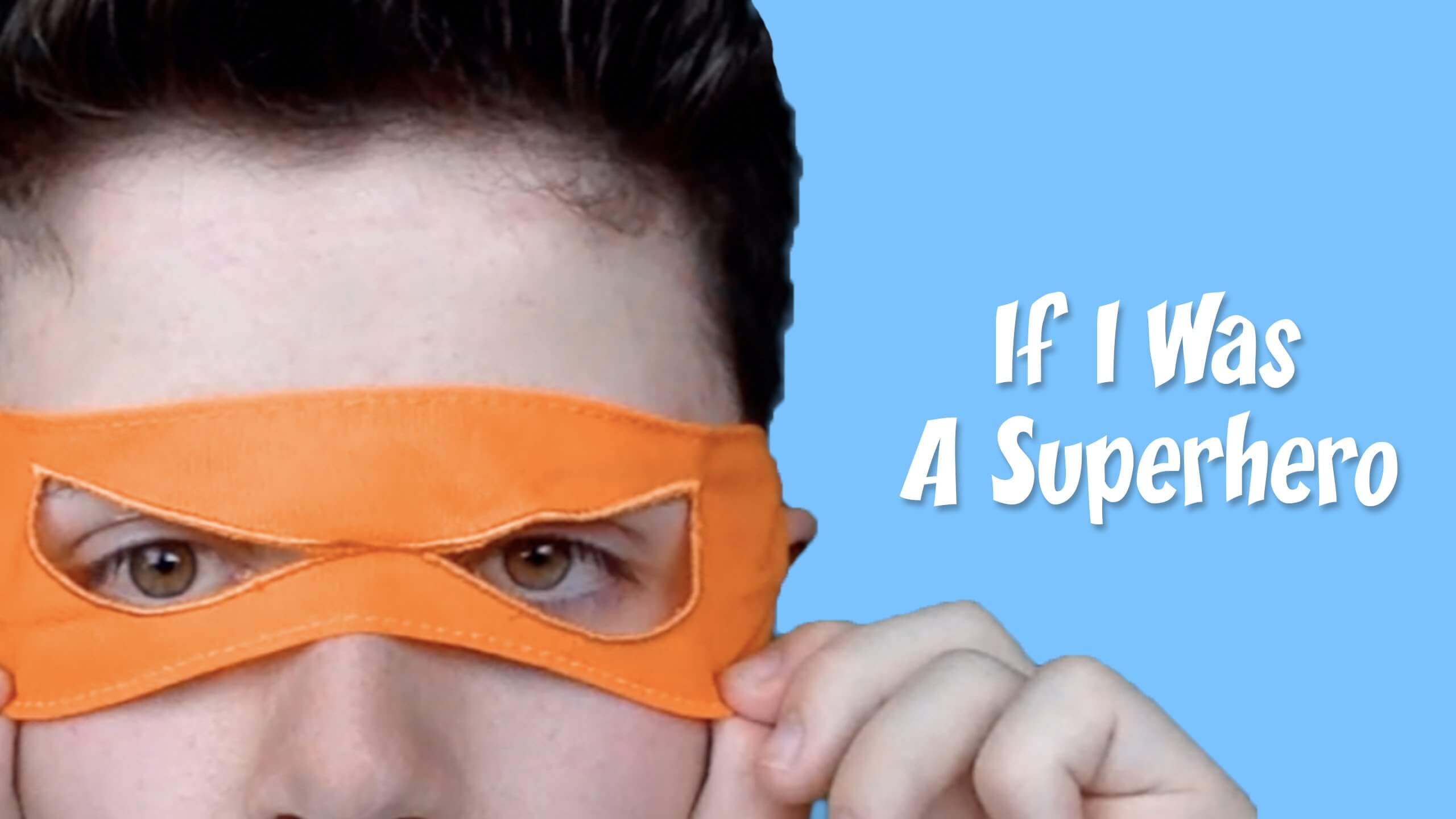



Would Vs Would Have How To Express Conditional Hypothesis Common English Errors
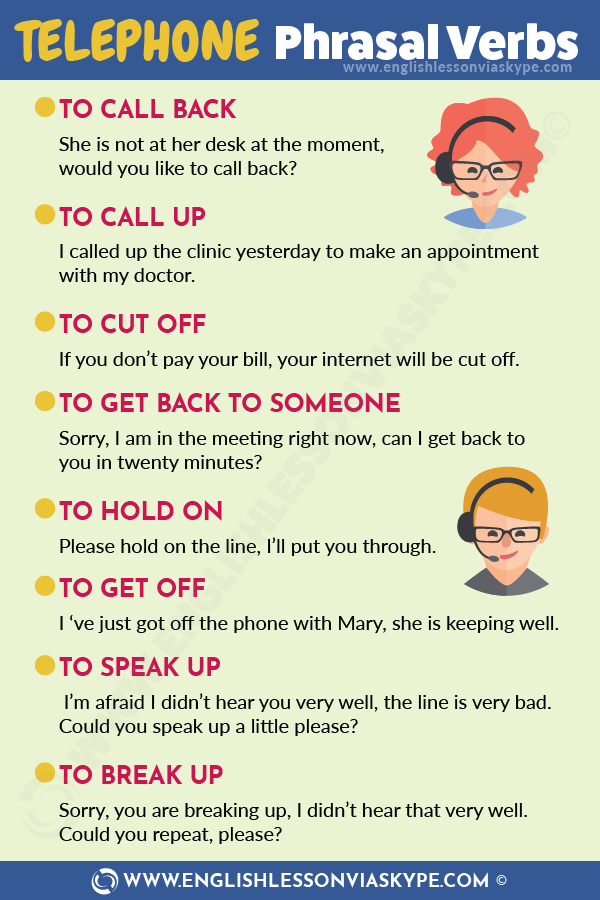



List Of English Telephone Phrasal Verbs Learn English With Harry




I Would Leave Me If I Could A Collection Of Poetry Halsey Amazon Com Books
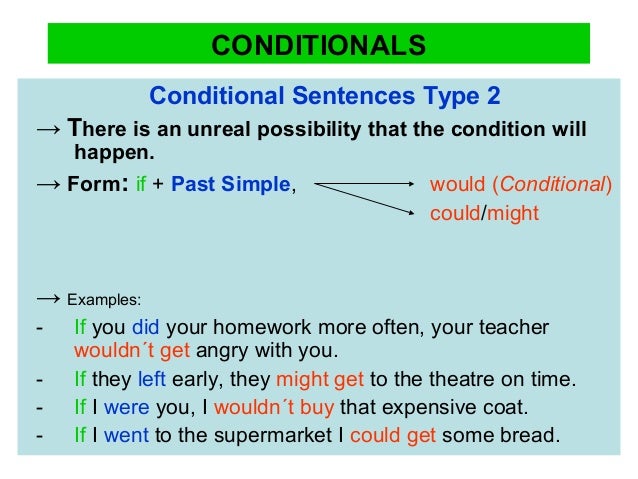



Conditionals Grammar




How Buffalo S Poor Drafting Decisions Destroyed The Franchise And Who They Could Ve Picked To Save It The Athletic



Q Tbn And9gctazu Cjrzcoebdnjm3byvtmuizur11igbzavsnvefeke2fs1hg Usqp Cau




Condicionales Ingles Para Perezosos




Learn English Grammar How To Use The 3rd Conditional Engvid



Prezentaciya Na Temu Conditional If Conditional Clause I Sobytiya Vozmozhny V Main Clause Nastoyashem Ili Budushem If V V S Pres Simple Will V If It Snows If




If I Were In Charge Of The World Poem Free Template Undercover Classroom




The Third Conditional Conditional Sentences Type 3 Structure Examples 7esl
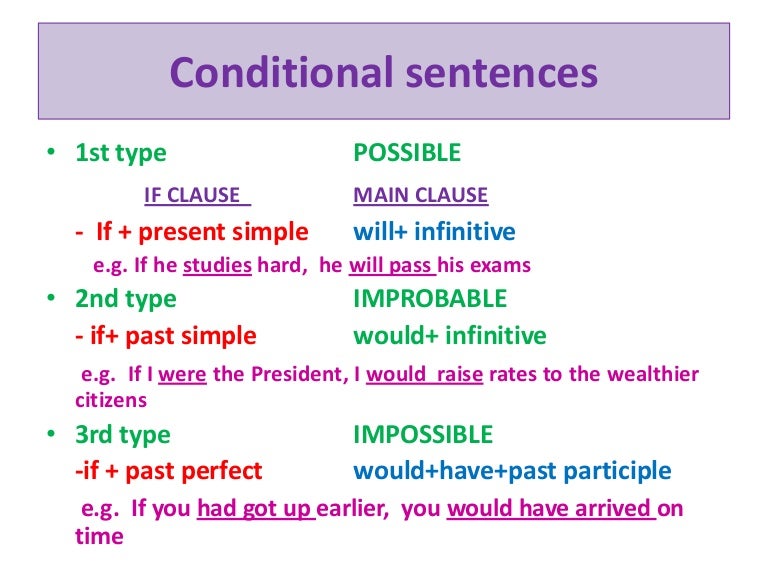



Conditional Sentences




The Four Types Of Conditionals And How To Use Them Magoosh Blog Ielts Exam




Subject Auxiliary Inversion English Grammar Eslbuzz Learning English
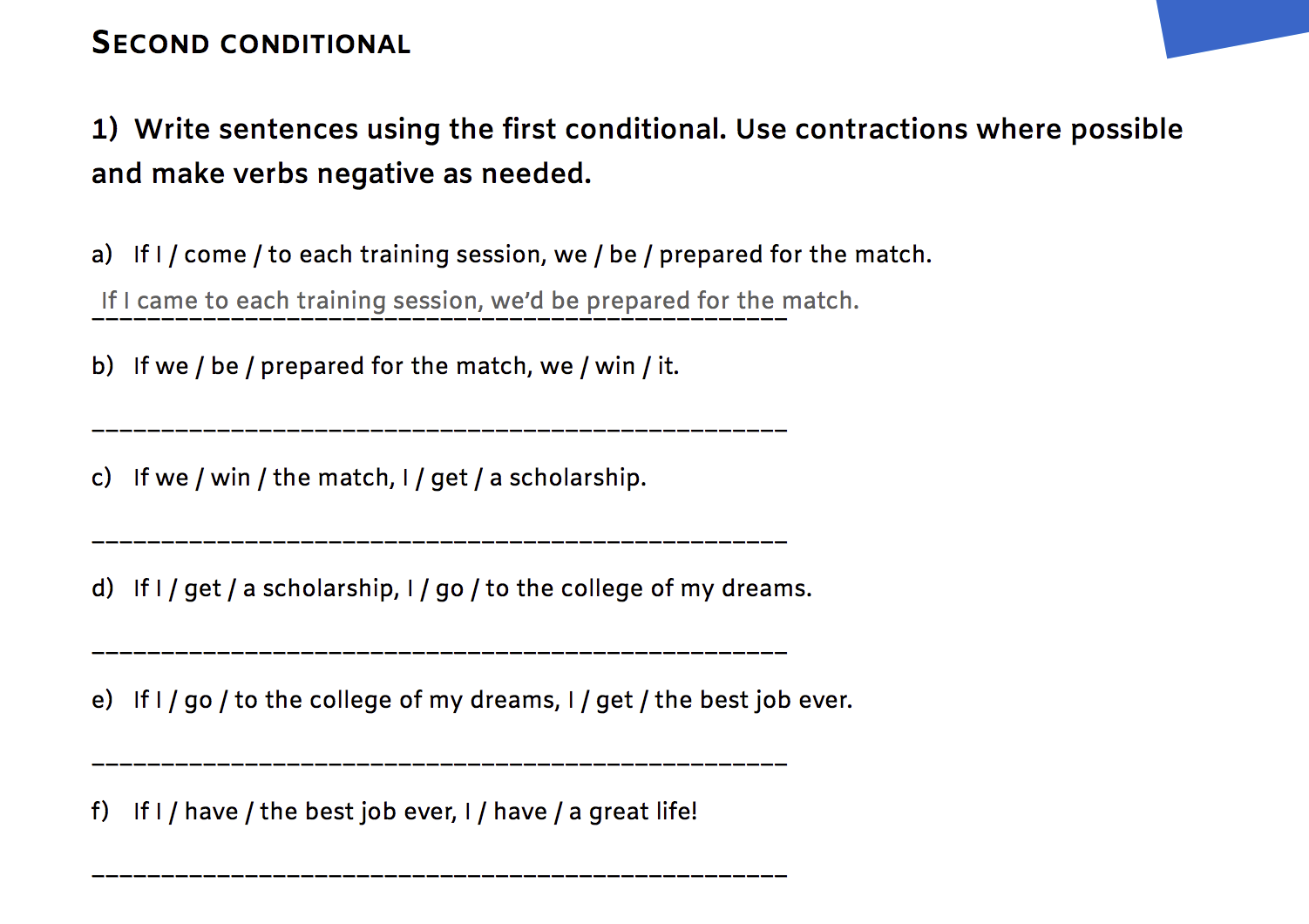



658 Free Conditionals Worksheets



Prezentaciya Na Temu Conditional If Conditional Clause I Sobytiya Vozmozhny V Main Clause Nastoyashem Ili Budushem If V V S Pres Simple Will V If It Snows If
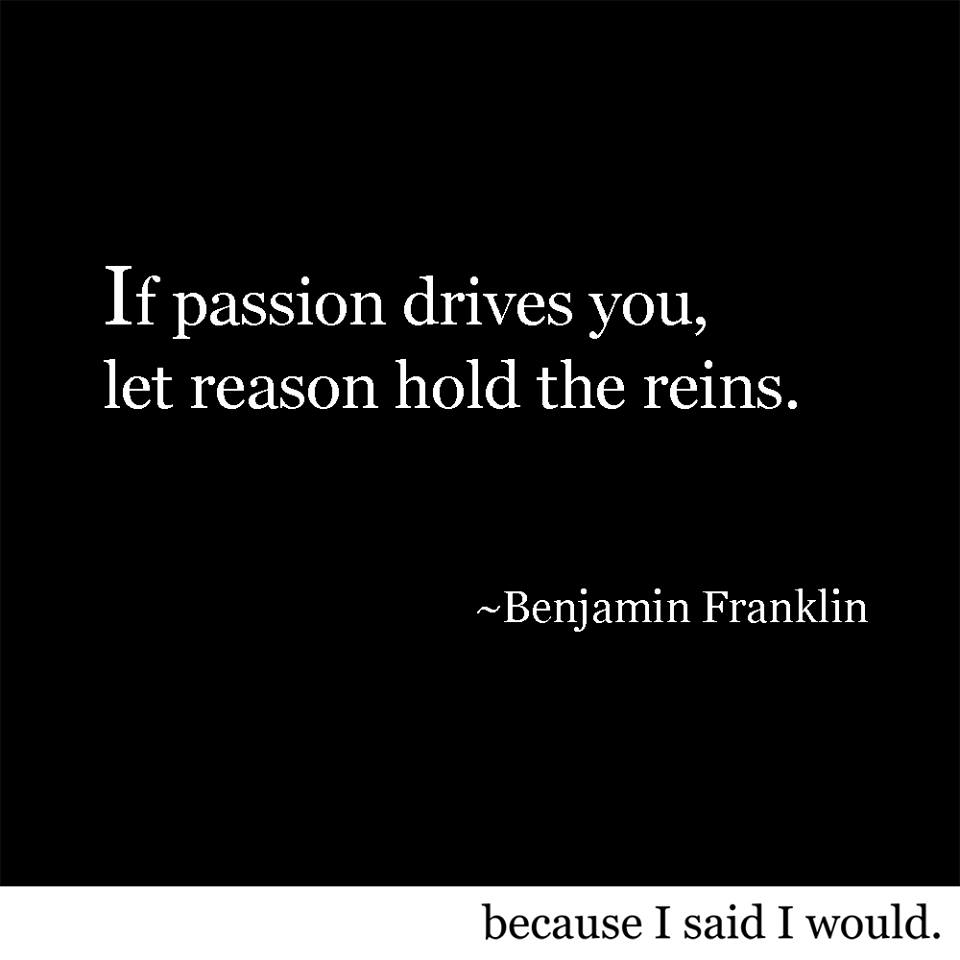



Promise Quotes Because I Said I Would
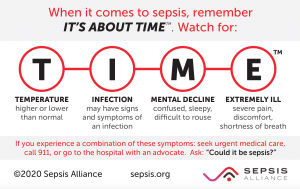



Gallstones Sepsis Alliance
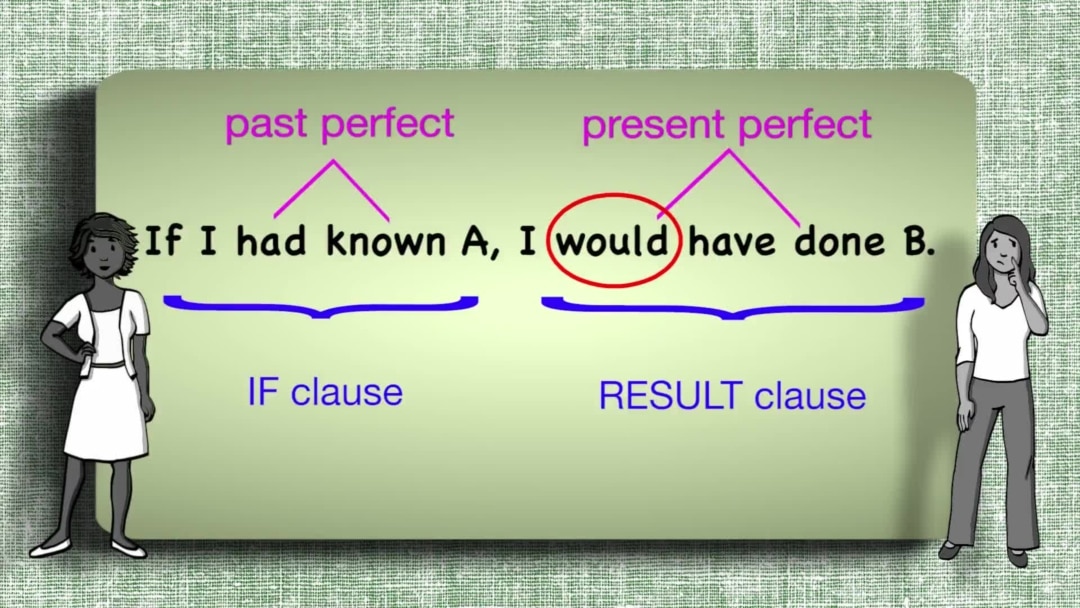



Past Unreal Conditionals




The Four Types Of Conditionals In English Eslbuzz Learning English




Second Conditional Esl Activities Games Worksheets
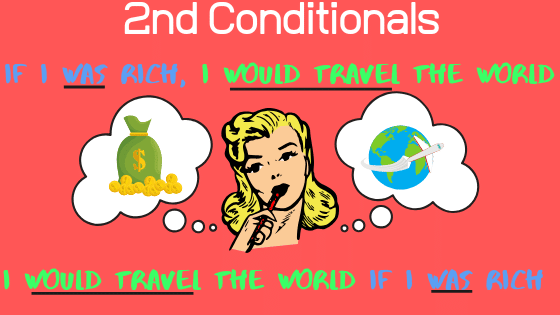



2nd And 3rd Conditional Structures Break Into English




How To Win An Airbnb Dispute With A Host For Damages In The Resolution Center



R F66qfo8sshfm




Would Of Or Would Have Grammar Rules St George International




Jlpt N3 Grammar といい たらいい To Ii Tara Ii Meaning Jlptsensei Com




Nh2ts1bfwl Qzm
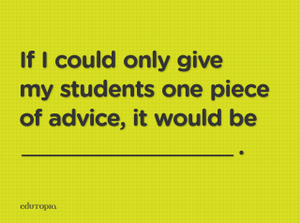



If I Could Only Give My Students One Piece Of Advice Edutopia




What Would You Do First If You Were The New President The New York Times




Test English Prepare For Your English Exam




If You Had Artificial Intelligence What Scientific Research Would You Use It For



Q Tbn And9gcsu8hqqt7irmqzrkjbv4sqtnz Bjrmupeim2rlsdg87spad2wbx Usqp Cau




9smfniavmwhsum
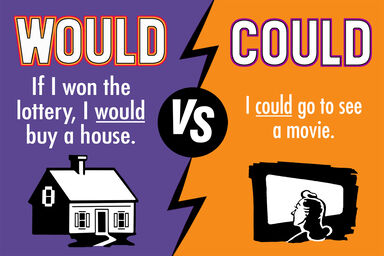



Ways Of Using Would Vs Could Correctly




If I Were You I Would English Esl Worksheets For Distance Learning And Physical Classrooms
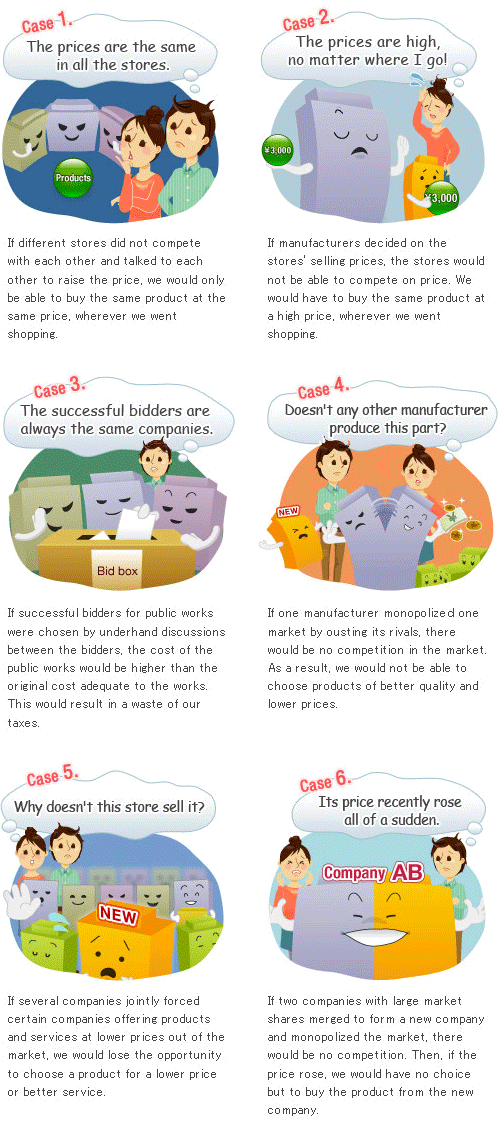



Reasons We Are Able To Buy Good Quality Products At Low Prices Necessity Of Competition In The Markets


コメント
コメントを投稿